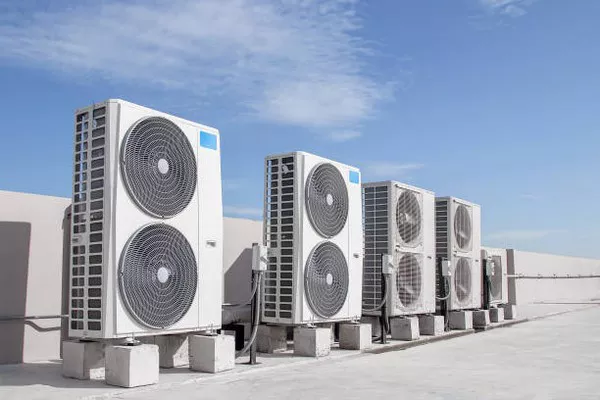Refrigerators play a crucial role in modern households, preserving food and extending its shelf life. At the heart of this essential appliance lies a component that is often overlooked but indispensable for its functionality – the compressor. In this article, we will delve into the intricacies of refrigerator compressors, exploring their functions, types, and the impact they have on the overall efficiency of refrigeration systems.
What is a Compressor?
The compressor is the workhorse of a refrigerator, responsible for maintaining the desired temperature inside the appliance. Essentially, it is a mechanical device designed to compress refrigerant gases, which plays a pivotal role in the cooling cycle.
Function of a Compressor:
The primary function of a compressor is to compress low-pressure, low-temperature refrigerant gas into a high-pressure, high-temperature state. This compressed gas is then circulated through the refrigeration system, releasing heat as it condenses into a liquid. The release of heat causes the temperature inside the refrigerator to drop, creating the cool environment necessary for preserving food.
Types of Compressors:
Reciprocating Compressors: Reciprocating compressors are the most common type found in household refrigerators. They operate on the principle of a piston moving back and forth within a cylinder. As the piston moves, it compresses the refrigerant gas, initiating the cooling process. These compressors are known for their reliability and efficiency.
Rotary Compressors: Rotary compressors use a rotating motion to compress the refrigerant. They are often more compact and operate with less vibration compared to reciprocating compressors. This type is commonly found in smaller refrigerators and some commercial applications.
Scroll Compressors: Scroll compressors utilize spiral-shaped scrolls to compress the refrigerant. This design results in smoother and quieter operation. While commonly found in air conditioning systems, some high-end refrigerators also incorporate scroll compressors for improved performance.
Centrifugal Compressors: Centrifugal compressors are less common in household refrigerators and are typically employed in larger commercial or industrial refrigeration systems. They operate by using a high-speed impeller to impart kinetic energy to the refrigerant gas, which is then converted into pressure.
Efficiency and Energy Consumption:
The efficiency of a refrigerator compressor directly influences the appliance’s overall energy consumption. Newer models often feature compressors with variable speed or inverter technology. Unlike traditional compressors that operate at a fixed speed, these innovative designs adjust the compressor speed based on cooling demand, resulting in energy savings.
Inverter technology allows the compressor to operate at different speeds, ramping up or slowing down as needed. This dynamic control enables the refrigerator to maintain a more consistent temperature while consuming less energy. As a result, consumers benefit from reduced electricity bills and a lower environmental impact.
Maintaining Compressor Efficiency:
To ensure optimal performance and longevity of a refrigerator compressor, proper maintenance is crucial. Regular cleaning of the condenser coils, located either at the back or underneath the appliance, helps dissipate heat more efficiently, reducing the workload on the compressor. Additionally, avoiding overloading the refrigerator and ensuring proper ventilation around the appliance can contribute to sustained efficiency.
Common Compressor Issues:
Despite their robust design, compressors can encounter issues over time. Common problems include refrigerant leaks, electrical malfunctions, or mechanical failures. If a compressor fails, the entire refrigeration system may be compromised, necessitating professional repairs or, in some cases, replacement.
See Also: Is Central Pneumatic A Good Air Compressor?Revealed!
Conclusion:
In summary, the compressor is the heart of a refrigerator, driving the cooling cycle that preserves our perishable goods. Understanding the various types of compressors and their functions provides consumers with insights into the efficiency and energy consumption of their refrigeration appliances. As technology continues to advance, innovations such as inverter technology contribute to more energy-efficient and environmentally friendly refrigeration solutions. Regular maintenance and proper care of compressors are essential to ensure the longevity and reliable performance of our indispensable household appliances.

